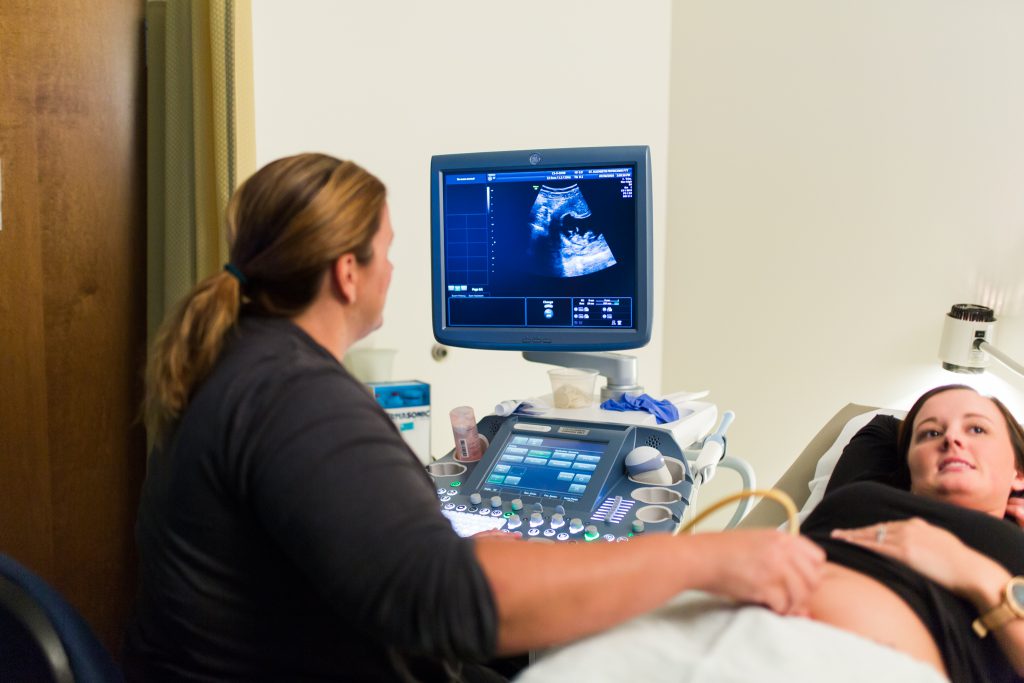Genetic testing – a source of knowledge
Genetic testing is becoming more and more common in today’s society. Knowledge is power, and people enjoy having all the facts at their fingertips – including facts about their health. St. Elizabeth Healthcare offers board-certified genetic counselors to help our patients make more informed health decisions about everything from potential pregnancies to risk of cancer or cardiac issues.
How can genetic testing help during a pregnancy?
If a couple is considering getting pregnant, they can undergo genetic testing at St. Elizabeth to determine the likelihood of having a baby with certain hereditary conditions. If the couple is already pregnant, prenatal screening and testing is available to them.
Knowing a baby has a birth defect during the pregnancy can help families prepare and learn about how to care for a baby with special needs. They also can reach out to local groups or families with children who also have that birth defect for advice and support. Additionally, the medical team delivering the baby will be prepared to watch the baby more closely for any additional complications.
Sometimes a baby is diagnosed with a life-limiting prognosis from genetic testing, which means that the baby is expected to pass away at birth or shortly after birth. In this case, St. Elizabeth Healthcare is able to help families prepare for the delivery and have the support pieces already in place through our Perinatal Palliative Care Program.
Genetic testing before vs during the pregnancy
Genetic testing for heredity conditions (carrier screening) is best to be considered before a pregnancy. This helps a couple determine their chances of a genetic concern before becoming pregnant. Testing for sporadically-occurring birth defects such as Down syndrome are only available during pregnancy, since they are not inherited. For the most common inherited conditions like cystic fibrosis, the chance of being a “carrier” ranges from 1 in 25 to 1 in 40. For some sporadic conditions like Down syndrome, the chance depends of the age of the mother at delivery.
Prenatal screens are typically done via blood sample, while confirmatory prenatal testing is performed on amniotic fluid samples taken from an amniocentesis. An amniocentesis is a test performed on a small sample of amniotic fluid during the early second trimester of a pregnancy.
Genetic testing for people of all ages
Genetic testing isn’t just for couples who are planning to have children or currently pregnant. Anyone interested in learning about potential health risks based on their DNA can undergo genetic testing and counseling. St. Elizabeth offers “Proactive Genetic Health Screens,” which is available to anyone, regardless of personal or family history.
Jaime Grund, a board-certified Genetic Counselor at St. Elizabeth Healthcare, suggests genetic counseling if your health history or your family’s health history includes cancer or certain cardiac conditions.
“Cancer and cardiovascular testing can be performed on a patient’s blood or saliva sample,” Jaime explains. “It’s virtually painless and the results are typically back quickly, helping you to make any necessary lifestyle adjustments such as cancer screening, diet, weight and heart health.”
If you would like to make an appointment with a genetic counselor at St. Elizabeth Healthcare, please call (859) 301-5396. We take both physician and self-referrals.

